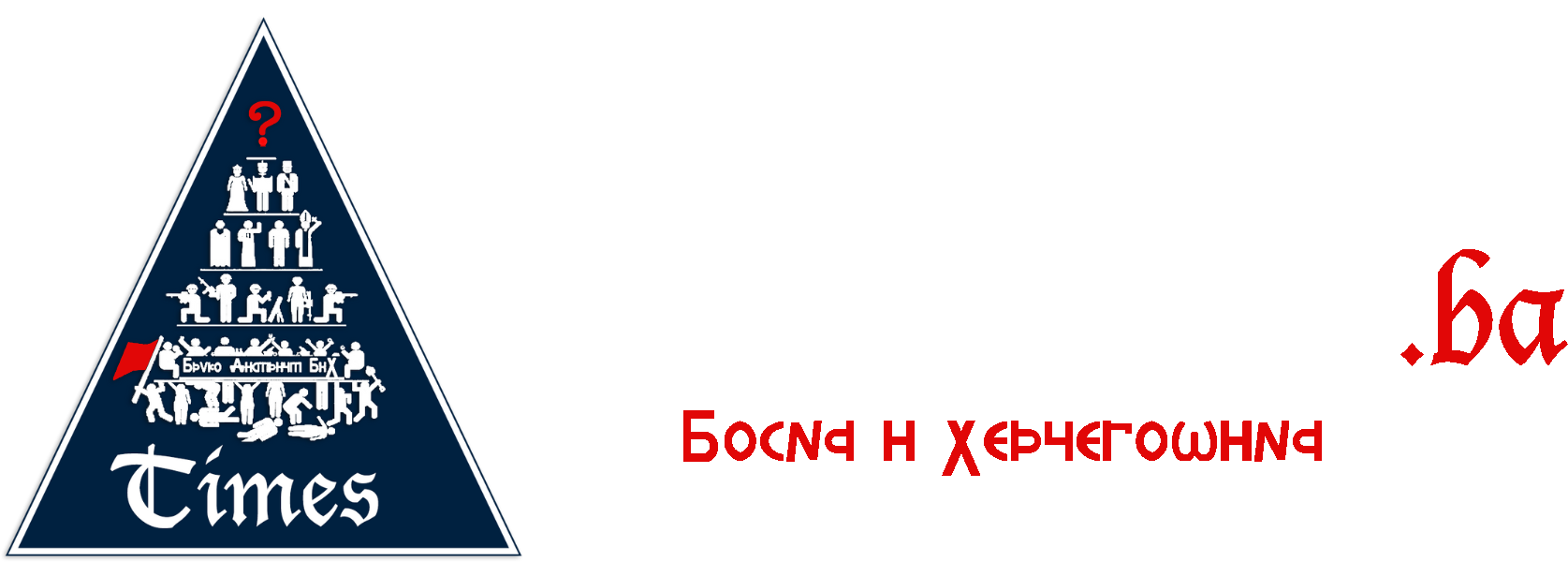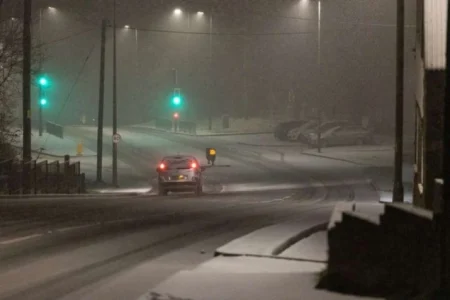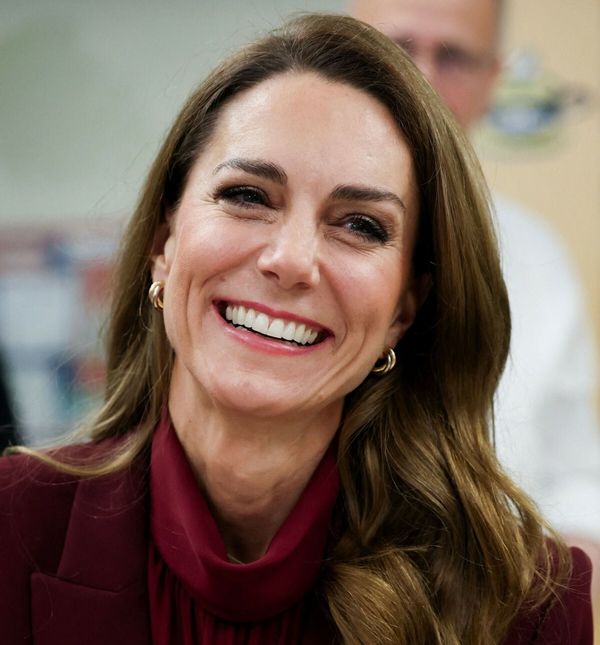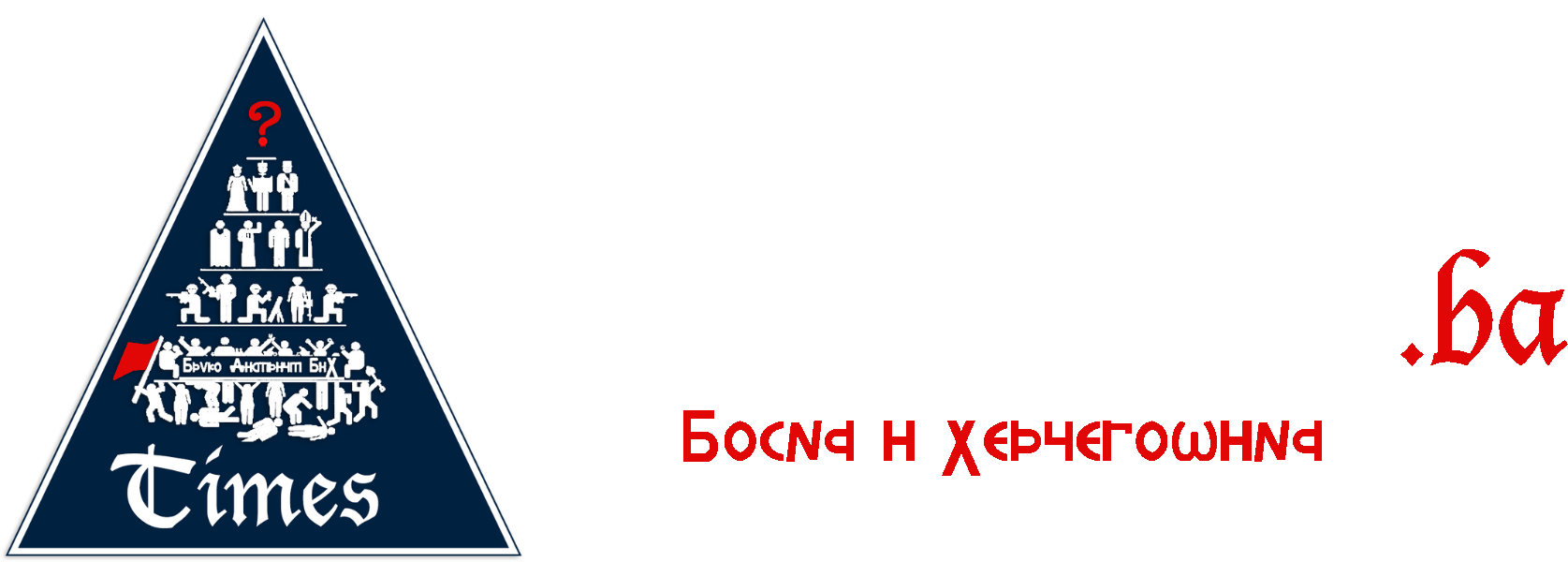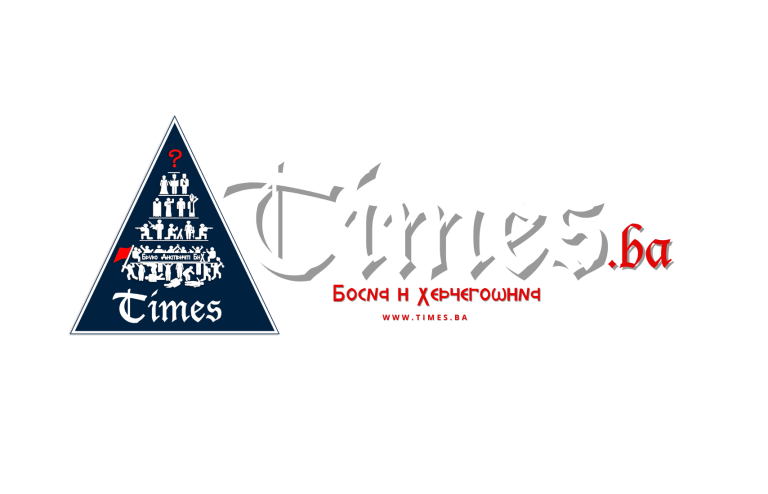Following their glorious return to the scene following a prolonged hiatus, indie darlings Bombay Bicycle Club have been on top of their game. With a streak of notable albums that marked the early 2010s indie scene, they are now set to play Belgrade for the first time ever, and to commemorate this occasion, we sat down with Ed Nash, and went all-in – music as a calling, growing up alongside your fans, notable collabs, and of course, football. So, let’s get right into it.
Balkanrock: You formed the band when you were between 15 and 16 years old, and before the end of high school, you had already gained popularity thanks to the EP releases „The Boy I Used to Be“ and „How We Are“. Now, more than twice as old, you still play, record, and perform. Were there any signs then that the band, initially called Canals, would become something big and significant in the world of alternative indie rock?
Ed Nash: I don’t know. It’s so hard to tell, you know. In our group of friends, we were probably the biggest or second biggest band, which obviously felt very big at the time. But personally, I wasn’t counting on doing this for a living, and I don’t think anyone else was. It was just a fun thing to do. And then, year by year, it built up and got bigger and bigger until it was our full-time job, which happened over the course of about, I guess, 4 or 5 years from starting the band when we were 15 to when we first released our album. So, yeah, I would say none of us counted on it at the beginning.
BR: On the aforementioned EP releases, as well as on the first album „I Had the Blues but I Shook Them Loose“, you collaborated with producer Jim Abbiss at his request, who had previously worked with the Arctic Monkeys. Was his interest in working with you a sign that big things were coming for the band, or did it mean something else entirely?
Ed Nash: I guess this was the first real big thing that happened that made us feel like we were, kind of, gonna make it as a band. It still didn’t mean that we counted on it, and there was still a good chance that we wouldn’t be doing this for a living.
But, it did show potential in the band and the fact that he’d done so many other first albums and first records did mean a lot to us. I think it meant a lot more to us emotionally rather than being a sign that we were gonna continue the band and do it professionally. But it did mean a lot to us that he took an interest in the band.
BR: Some songs off the album „So Long, You See Tomorrow“ were influenced by your impressions from traveling around Europe and India. Did you have the opportunity to experience our region? The Balkans have been known to inspire many artists through food, drinks, music, and people, and as part of this tour, you scheduled performances in Belgrade and Zagreb (InMusic). Are these your first concerts in this region?
Ed Nash: Actually, yes. The Balkans did play, a part in that, provided Istanbul is counted in the Balkans. I just had a look and Northern Turkey is. And I’m not sure where Istanbul sits in that, but that is the closest area to it. Jack spent about a week there living with the family and and making music. And I think a few of the things that he came up with ended up on the album.
They’re not as clearly influenced as were his travels to India, where you get whole samples of that Indian, Bollywood influenced-sound. His time and experience definitely had a big part to play.
Outside of the band, I mean, I’ve spent a lot of time travelling around that area, getting the train around Croatia and Albania, going through Greece, just travelling, having a good time. And it’s a beautiful part of the world. I can’t wait to come back.

BR: Since it’s your first time performing in Serbia, if someone curious, unaware of the band’s work, were to ask you where to start and what best represents the idea of Bombay Bicycle Club, which album, EP, or single would you recommend they listen to?
Ed Nash: If they haven’t heard our music before, I think I’d point them to our 3rd record, „A Different Kind of Fix“, which we put out in, 2011. For me, that was the start of the transition for the band between being a fairly straight-down-the-line guitar band and being more experimental, playing around with things like samples, synthesizers, you know, breakbeats, and when our music started to kind of move in a much more interesting direction to me.
I also think it contains some of the best-written songs that we’ve ever done. There’s a song called „How Can You Swallow So Much Sleep“, which opens the record, that we have always played live, and it’s a staple of our set. There’s a song called „Shuffle“, which was one of the most popular songs we ever put out. It did well on the radio in the States, in the UK, and across Europe. And a song called „Lights Out, Words Gone“, which is personally my favorite song. I think it kind of encapsulates the transition between the guitar music that we were making before and the more ethereal, experimental electronic music that we started making afterward.
BR: Which other British bands have not visited the region but, in your opinion, should? Who would you draw our attention to, and whose work should we follow?
Ed Nash: I mean, I’m not an expert on their travels, but I think a band called Divorce, who are a new band, up and coming band, probably haven’t played in Serbia. And I would say, definitely check them out. I think they’re one of the most exciting bands from the UK in quite some time. I’ve listened to them in my own time, and I’m a fan.
You know, it’s really good, very interesting songwriting. You kind of have crazy, weird lyrics, and interesting song structures. And it sounds good as well, which can’t always be said for music that’s interesting. There’s good, catchy songs there as well. They sing in harmony beautifully and they’re really nice people, so check them out.
BR: Did you know anything about Serbia before you scheduled the concert in Belgrade? Are you familiar with any musical acts from this region? If so, which ones?
Ed Nash: Rather embarrassingly, I can’t say I’m very knowledgeable about any Serbian music other than the music I’ve seen on the Eurovision Song Contest, which I love and I think is fantastic. I believe Serbia won a few years back. Yeah.
If anyone has any recommendations or wants to send or tell me what to listen to at the gig, I’d love to listen to it and educate myself because it’s quite shameful that I don’t know any bands from Serbia. Let me know.
BR: In addition to Bombay Bicycle Club, almost every one of you has solo projects, among which, Jack Steadman’s Mr Jukes and your project Toothless are probably the most recognizable, the latter also featuring Saram on drums. These solo projects emerged during the band’s hiatus. Does this mean that there was no place for these projects within the confines of Bombay Bicycle Club, despite the band’s genre diversity?
Ed Nash: I mean, yeah! It’s inherently involved in Bombay Bicycle Club because those projects were the two of us, and they came from our brains. And Bombay Bicycle Club is music written predominantly by Jack, and me a bit, as well.
I don’t think you can separate the two. You just have to use a different name if you’re making solo music. But it’s it’s still the same minds and the same people making the music. In fact, Soren, our drummer, played on Jack’s album and played drums on my album. So, you know, it’s all the same people, just kind of with a different name and a different goal, but the same minds working on it.

BR: Bombay Bicycle Club consists of very politically, socially aware, and engaged individuals. Jamie even had his campaign to encourage young people, up to 30 years old, to get involved in Brexit negotiations. What did Brexit mean from the perspective of the British music industry?
Ed Nash: I think it meant quite a lot. Brexit wasn’t something that I wanted to happen or voted for. And I think it’s quite a shame that it has happened in terms of music, and the mobility of British artists into Europe and vice versa.
When we started the band, it was very easy to go and play in Europe, and it had a huge positive impact on our career. We could go across to France, to Spain and play shows with very little red tape involved. And now, I think it’s a lot harder for bands – especially bands starting out – to do that. You have to put a bit more money into it, plan it, and do more paperwork, which makes it kind of prohibitive to those just starting out. And I think that’s a real shame.
I think the world is better as a more open, inclusive place than a more closed-off place. And it’s something that has benefited us massively in the past.
BR: It’s amusing, especially taking into account that, when you were considering the band’s reunion, all four of you were only in your late twenties. People are usually much older when they think about returning to the scene. Now, a few years after the return, you have entered your thirties, and some of you have even experienced fatherhood. How has this affected the work and dynamics in the band? Does this mean new themes are covered in songs?
Ed Nash: I don’t think fatherhood’s affected the band massively in terms of the music we make. The lyrics refer to it a tiny bit, but the lyrics in our songs always refer to whatever’s going on in our life. When we started out, it was about falling in love, being a teenager, and going to parties. And then, as we got a bit older, it became about finding your place in the world and wondering about what’s next. So, it hasn’t changed that. And, musically, I think, it’s the same as ever. It continues to evolve and and change, and become more interesting as it goes along. So it hasn’t made us kind of more boring, „dad-rocky“ people.
In terms of touring, we tour a bit less than we used to, but we tour a bit less anyway. I don’t think that’s because everyone has families. You know? We’re a bit older, and the hiatus we went on taught us that we need to have a better work-life balance. Before, when we were touring, we went away for 9 months of the year, and it meant that we couldn’t have a very good social life or personal life at home. So, balancing of touring and personal life is just trying to find a good balance. You know, I don’t have kids at home, and it’s a real benefit to me. I don’t think that having kids is the be-all and end-all.
BR: Given that you grew up alongside your music, do you believe you have managed to keep up with the trends in the industry, communication with the audience, and so on? Put differently, are you afraid that your audience has grown up, and will never be young again? And do you strive to attract a younger audience – say, teenagers?
Ed Nash: I mean, I’m not scared about the musical side of it. I’m scared of the impending death of everyone, but we’ve still got a while before that happens. No, I don’t think you can be worried about your fans aging with you. It’s inevitable. And to have fans of any kind is a fantastic, and wonderful thing. I actually think there’s quite a big spread of our fans. You know, we’ve picked up new fans since releasing the last two records who wouldn’t have heard us because of the gap we took in the middle. And we’re probably aged men to them.
And then, we’ve got much older fans as well who got into the music probably when they were in their thirties or forties when we started, who are now in their fifties and sixties. And, you know, that’s just the way it goes. I don’t think you can overthink your demographic. I think you just have to be happy that people are listening to your music. And the more people that do, the better. I don’t think we make music for a specific demographic. You know, if you go to a Harry Styles gig, I’m sure everyone’s under the age of 40, but if you go to one of our shows, it’s a real spread.
BR: Inventiveness and courage to experiment are not foreign to you, either. How do you see the role of artificial intelligence in music, how does it affect music – what are its advantages, and disadvantages?
Ed Nash: I was thinking about it today. I don’t think it’s a good thing with music. I can’t see many ways in which I think it benefits music. And I can think of a lot of ways in which it detracts from music and the way that humans make it.
I’m sure artificial intelligence will be able to make very compelling, believable songs that are just as good as what humans can write, at some point. I think the kind of power and the scope of artificial intelligence is far, far beyond writing songs. I think it will be cleverer than humans. And, you know, making music will be kind of a pitiful waste of time for it. There’s something that I find magical about music and humans making it. Where they’re telling you about an experience and getting that across. And I think there’s a chance of that getting lost if machines are trying to do that instead of a human being.
I think it might be interesting if a machine is trying to get its own experience across in terms of musical form. I’d listen to that and be interested, but I think the magic of music for me might be lost if machines start doing it better than we can. Also, I’ll be out of a job, which is terrible.
BR: During the aforementioned three-year hiatus, solo projects were created; however, you returned in an original way with the message „Without their music, British society crumbled“ within the lyrics to the song „Eat, Sleep, Wake (Nothing But You)“. Very original, brave, and fun. Did you feel a void in the British alternative scene that you knew only Bicycle Club could fill, or was it simply about having unreleased material, and desire to continue working within the band? And is it true that you sold your musical equipment before considering the band’s return?
Ed Nash: In all honesty, no, there wasn’t a void in the British music scene at all. And I didn’t think we thought we were feeling anything. We just missed making music together. And the time away had shown us quite how special and important this band was in our lives. I think in other people’s lives too. So we wanted to do it again. Actually, when we started the hiatus, I don’t think anyone felt like that. You know, we weren’t aware of how important and special it was. We had been doing it full-time, and we were sick of it.
And, yeah, it’s true – we didn’t sell all of our musical instruments, but we sold quite a lot of our them when we were on hiatus and shortly before getting back together. Yeah. I think that’s a lesson for us all. Don’t sell your musical instruments if you don’t have to.
BR: Solo projects aside, you are best known for Bombay Bicycle Club. In your work, you have managed to bring together important musicians who have guested on albums or shared the stage with you, such as David Gilmour, Damon Albarn, Chaka Khan. Does the choice of guests and collaborators tell us about your musical influences?
Ed Nash: There were more and more guests over the last few records. And with the last one having, you know, I think, five different collaborators on. We had Shaka Khan, Damon Albarn, Holly Humberstone, Jay Som and Nilüfer Yanya.
All of the features we ever get on a song aren’t just for the sake of it. There has to be a reason. They have to add something to the song. And normally, it’s singing, because, we can play everything, and do everything else we want, but someone’s voice can really finish something off. And we only have these kinds of monotone English voices which don’t work for everything. I guess, as an example, with Holly Humberstone, we had that song „Diving“ that she sings on, for ages and ages. And it wasn’t quite working [until] we got her to sing on it with her very bright, poppy voice. And all of a sudden, everything fit and worked together.
Same with the Shaka Khan song called „Tekken 2“. We needed it to kind of be a proper, unique disco song. And, obviously, that’s something we can’t deliver. But with Shaka Khan’s vocals, it works and makes it something else.
BR: One of your songs, „Luna“ appeared on the PES 2015 game soundtrack. Do you like football? And since you’re from North London, are you aligned with Tottenham, Arsenal, or is it Crouch End Vampires? Be honest!
Ed Nash: Yes! We do like football. And who do we support? Suren, our drummer, supports Tottenham Hotspur. I support Arsenal, my local team. They’re about, a 2 minute train journey away from where I am here recording this. Jack supports West Ham. He’s got a family connection and goes with his mom and dad sometimes. I think the connection is, that his great-grandfather started the club back in the, I guess, late 19th century. And, Jamie [MacColl] supports Manchester United. I don’t know why he supports them. It’s a long way from here. Should’ve chosen the Crouch End Vampires.
!function(f,b,e,v,n,t,s)
{if(f.fbq)return;n=f.fbq=function(){n.callMethod?
n.callMethod.apply(n,arguments):n.queue.push(arguments)};
if(!f._fbq)f._fbq=n;n.push=n;n.loaded=!0;n.version=’2.0′;
n.queue=[];t=b.createElement(e);t.async=!0;
t.src=v;s=b.getElementsByTagName(e)[0];
s.parentNode.insertBefore(t,s)}(window, document,’script’,
‘https://connect.facebook.net/en_US/fbevents.js’);
fbq(‘init’, ‘299221612133385’);
fbq(‘track’, ‘PageView’);
